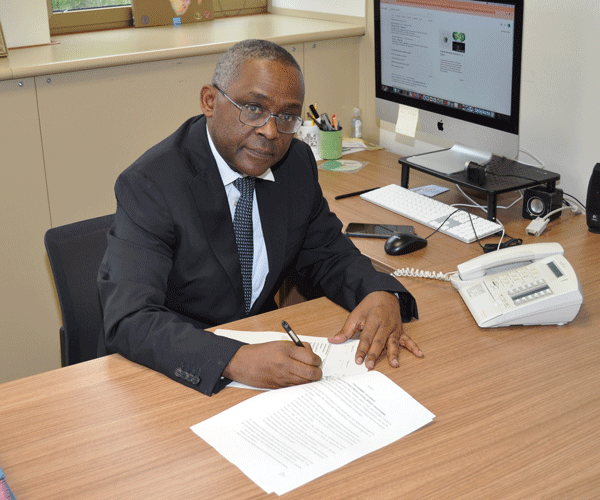As a natural evolution of their long-standing partnership dating back to 2004, between April and March TWAS and the Chinese Academy of Sciences (CAS) signed a memorandum of understanding (MoU) that includes a new partner, the Alliance of International Science Organizations (ANSO), and launched a five-year agreement to support scientific and technological cooperation among developing countries.
The new tri-party ANSO-CAS-TWAS/UNESCO Scholarship Programme—as it's called—will support 40 PhD students per year, allowing them to study and carry out scientific research at colleges or schools of the University of Science and Technology of China (USTC) or the University of Chinese Academy of Sciences (UCAS)—both affiliated to CAS—before they return home and establish themselves as more mature scientists.
If their scientific project calls for specific experimental requirements, students will also have the opportunity to visit other prestigious CAS institutes. Women scientists and students from the least developed countries are particularly encouraged to participate.
An initial fellowship agreement between TWAS and the Chinese Academy of Sciences was signed in 2004, when the two parties launched a programme that included PhD, postdoctoral and visiting scholar fellowships at CAS institutes in China.
The agreement was further renewed in 2009 and, in 2013, changed its name, becoming the CAS-TWAS President's Fellowship Programme. In 2015, the accord was renewed again, to include 200 PhD Fellowships per year.
The figures of TWAS-CAS collaboration are telling: since 2014, more than 1,220 PhD students from 75 countries were hosted at colleges and schools of UCAS, USTC and CAS, and, since 2013, more than 1,400 scientific papers were published.
The new ANSO-CAS-TWAS/UNESCO Scholarship Programme was drafted at the end of 2019, and perfected in the following years, during the COVID-19 pandemic.
Cristina Serra

